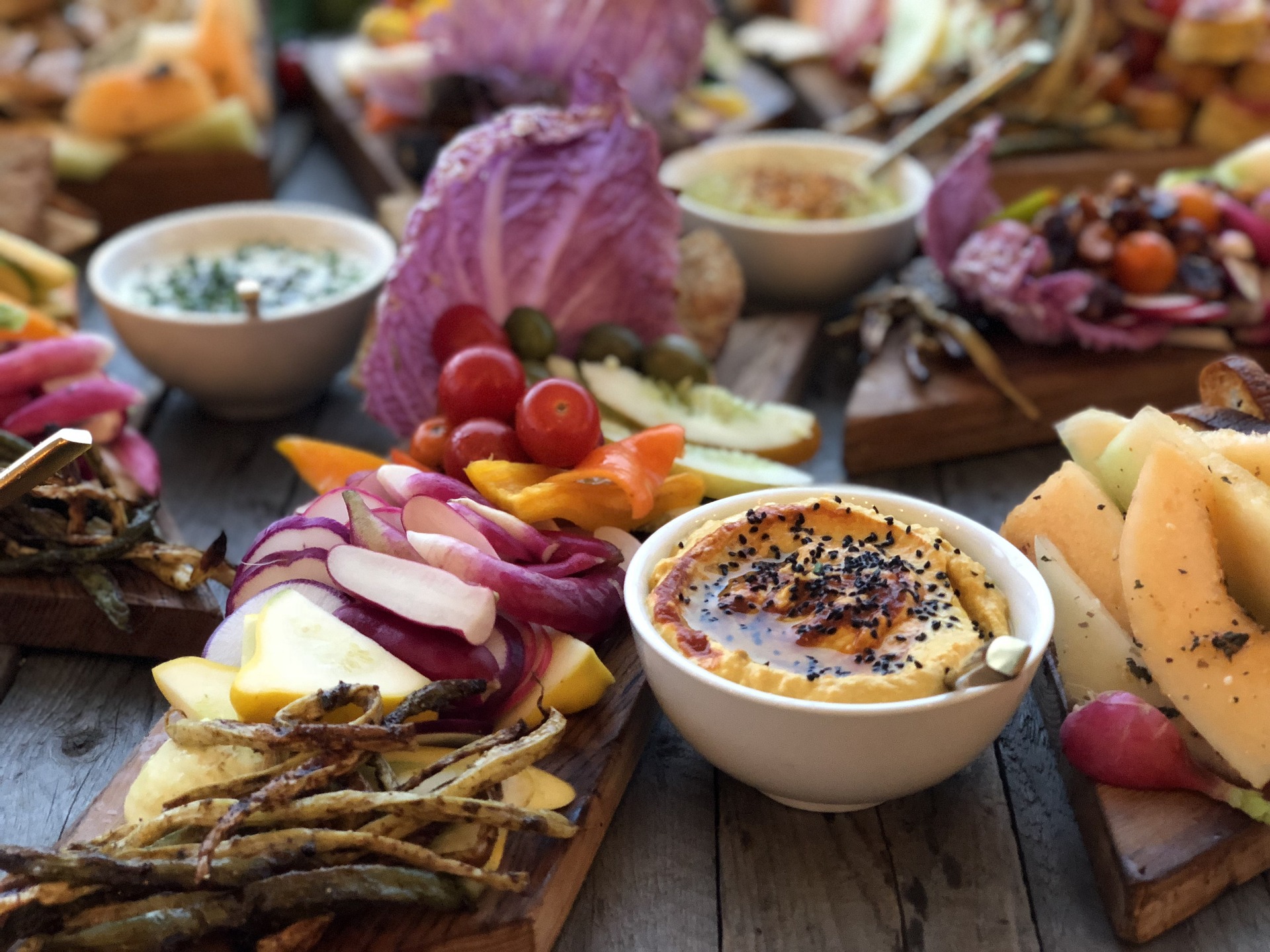A wellhealthorganic.com:ayurveda-dinner should be delicious and healthy food that’s easy to digest, featuring an array of nutritious ingredients and taking into account each person’s Prakriti, seasonal conditions, and dosha balance.
Avoid eating raw salads as these will increase vata and cause mucous production, instead opting for warming dishes such as dal, quinoa and steamed veggies as dinner choices.
Vata
Vata, or air and ether dosha, regulates movement at all levels of physiology and waste excretion. This dosha controls circulation of blood, breathing patterns, movement of limbs and muscles and thought transmission in the brain; when out of balance, vata may lead to fear, anxiety and dryness within both mind and body.
Staying balanced requires plenty of warmth, grounding, and food that provides stable energy sources. Ayurvedic herbs like ginger, turmeric, fenugreek seed powder and holy basil help soothe stomach upsets while decreasing anxiety levels.
As with eating in a relaxed environment, Vata individuals should focus on slowing down. While running and dancing may tempt them, more steady-paced exercises that build stability and strength such as weight-bearing exercise or yoga sequences with longer holds can benefit more slowly paced exercises that strengthen bones while soothing nervous systems. Meditation or prayer may also prove invaluable.
Pitta
As with the other doshas, Pitta is governed by air, space and fire; someone with a pitta constitution demonstrates qualities such as fluidity, lightness, sharpness and heat.
Pitta diets should typically consist of limited meat consumption and increased fruit and vegetable consumption, particularly during summer. Sour and salty foods that can overheat your pitta constitution must also be avoided as these may overstimulate its functions.
According to Ayurvedic principles, it is optimal to consume three meals daily with an approximate 5-hour gap between them in order to maximize Agni, or digestive fire, and prevent incomplete digestion and accumulation of toxins in your system.
Kapha
Kapha can be found throughout your body’s bones, muscles and tendons and serves as the glue that holds everything together. It lubricates joints, moisturizes skin and promotes immunity; when balanced it manifests as love, calmness and forgiveness while when out of balance greediness and jealousy can arise.
Every person embodies qualities from all three doshas, with one typically dominating. This depends on an individual’s body type and their environment.
Ayurvedic meals should be light and easy to digest, particularly in the evening. Heavy foods can impede digestive processes. Heavy spices, particularly those from chili peppers, can exacerbate pitta and kapha doshas, making digestion even harder than before. Instead, focus on eating more vegetables, fruits, and beans than meats as these are more easily digested. Attempt making Ondelaga Chutney using Centella Asiatica (Lantana) leaves to help balance Kapha and use as either an appetizer in salads or as a condiment with roti and curries dishes!
Combinations
Ayurved dinners are inspired by ancient Indian practices of including whole grains, vegetables and healthy fats into one’s diet in order to achieve health and wellbeing in both mind and body. Ayurved meals aim to balance body, mind and spirit for optimal wellbeing.
Ayurevedic recipes typically combine warm, cooling, tonic, and nutritive foods that promote digestion while simultaneously relieving inflammation and strengthening immunity. Ayurevedic dinners have also been known to promote healthy hormone levels, strong metabolisms and balanced energy levels in their guests.
Ayurved food should be eaten on a consistent schedule, ideally twice per day, at times that are easy to digest and only when hunger arises; also taking into consideration your dosha constitution and season. For an easy Ayurvedic dinner option, try this delicious plant-based kitchari (kitchadi). With its roots in ancient wellness practices and packed full of nutritious chickpeas and vegetables.









